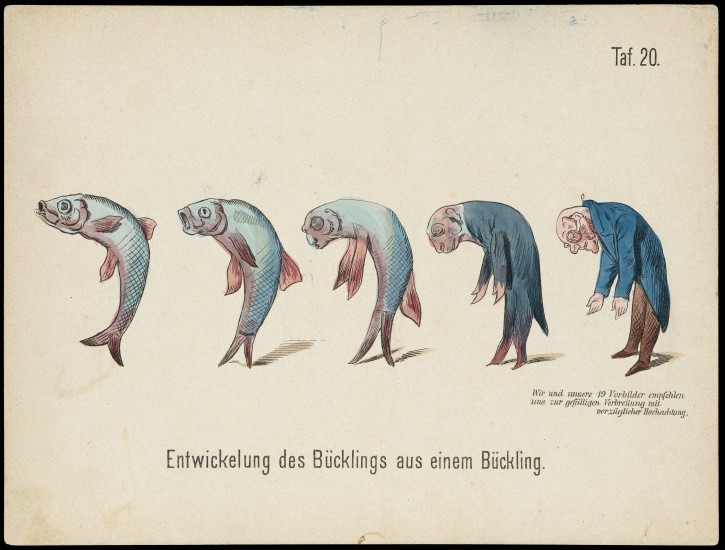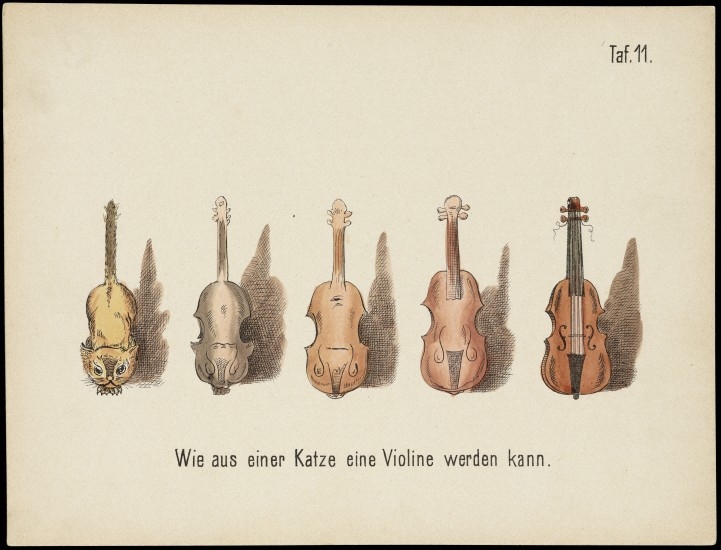
Avoiding spelling mistakes
Economics
In Thai English, we sometimes see the noun Economics spelled wrongly as Economic or Ecomonic. As all students in the Thammast University Faculty of Economics know, the noun Economics refers to the branch of knowledge concerned with the production, consumption, and transfer of wealth. The word derives from at term used in the 1500s, meaning the science of household management. The original source of the word is an Ancient Greek word used as the title of a well-known work, The Economics, attributed to the philosopher Aristotle. Along with Plato, Aristotle is seen as one of the founders of Western philosophy, as TU students in the Faculty of Philosophy know. The books by Aristotle influenced most forms of knowledge in the West. The Economics refers to household management in terms of finance, as well as what roles members of each household should have. The adjective economic is about something relating to economics or the economy. As we know, the difference between a noun and adjective is important. So it is essential to add a letter s to the adjective economic when we mean to use the noun economics. The mistake of exchanging the letters m and n to arrive at the wrong spelling Ecomonic is often a matter of haste or lack of attention.
If we study at the Faculty of Economics, we are so confident that we know how to spell the words Economics and Economic that we are not careful when we do so. Yet it can be a major mistake when this happens, as readers may not know that we are capable of spelling the words correctly. If international readers see a paper on Economics that spells the word Economics wrong, they may wonder if the author has any expert knowledge at all. For this reason, even though the word Economics is familiar to us, we should take care to make sure it is written correctly, especially since it can sometimes be difficult to tell apart the letters m and n in some typefaces.

Some usage examples:
- I fully agree with Anusorn Tamajai, Dean of Rangsit University’s Economics Faculty, that the draft cybersecurity law should be fully debated by the to-be-elected House of Representatives, so that the final bill addresses the concerns of all major stakeholders and thus secures buy-in.
- In Indonesia, Manpower Minister Hanif Dhakiri has proposed an 8.13 percent rise in the provincial minimum wage (UMP) for 2019, saying an increase of that amount was based on data issued by Statistics Indonesia (BPS) on inflation of 2.88 percent and economic growth of 5.15 percent.
- In a meeting yesterday, the Cabinet approved drafts that will add legal conditions to support small- and medium-enterprises (SMEs), allow the setting up of trade associations and raise registration fees to help cope with the country’s economic situation.
- Siam Commercial Bank’s Economic Intelligence Centre (EIC) has revised up the growth rate of Thailand’s gross domestic products (GDP) this year from 4.3 per cent to 4.5 per cent, thanks to strong performance in the export and tourism sectors.
- The United States is alarmed by China’s increasingly muscular military presence and “predatory economic practices” towards smaller countries in Asia, defence chief James Mattis has said on his way to the region.
- China on Monday endorsed Pakistan’s request to International Monetary Fund (IMF) for financial assistance for addressing its economic challenges, but cautioned that the facility should not affect economic cooperation between Islamabad and Beijing.
- More than four-fifths of the executives interviewed for the 2018 edition of the Business Barometer: Thailand CEO Survey carried out by Oxford Business Group (OBG) said they felt positive about the country’s investment climate, despite ongoing political uncertainty and an economic recovery that remains at an early stage.
- Economic chiefs from countries around the world – including China and the US, which have been warring over the falling yuan – pledged on Saturday (Oct 13) to refrain from competitive devaluations of their currencies.
- Who runs the world? It might soon be women as a crop of female economists join IMF chief Christine Lagarde in top positions at major financial bodies.
- Indonesia’s president Friday turned to blockbuster television show “Game of Thrones” to sound the alarm over global trade tensions at an economic conference, warning that “winter is coming.”
- The Airports of Thailand Plc (AOT) will propose an investment plan to further develop Suvarnabhumi International Airport, worth Bt72.6 billion, to the National Economics and Social Development Board (NESDB) in December this year, the company’s senior executive vice president of engineering and construction Anake Teeraviwatchai said yesterday.
- Government Savings Bank’s grassroots economics and business research centre has revised upward its Thai GDP growth forecast this year from 3.9 per cent to 4.6 per cent, based on continual expansion of the country’s export and tourism industries.
- Travellers who booked via an online travel agency (OTA) spent more per trip than non-OTA guests across all categories, regardless of whether they were travelling for business or leisure, making them a valuable segment of customers for hotels, according to a joint survey by online travel company Expedia Group in collaboration with Oxford Economics.
- London-based Capital Economics and British banking giant HSBC are expecting the Philippine central bank to raise its policy rate by a further 25 basis points to 3.5 per cent in its monetary setting meeting today.
- Siemens yesterday expressed its long-term commitment to China’s Belt and Road Initiative (BRI), embracing a scheme that the German company says can potentially change the global order in trade and economics.
- Money spent on farm projects has multiplier effect throughout economy. Thailand’s Bt42.87-billion budget for agriculture has led to a money flow of about Bt113.52 billion in the economic system, according to the Office of Agricultural Economics (OAE).
- Economic growth appears to have continued through November, said Pornchai Theeravej, finance and economics advisor to the Fiscal Policy Office (FPO) on Thursday, pointing to several indicators.
- The optimistic assessment is contained in a year-end update by the flagship report Economic and Social Survey for Asia and the Pacific 2017, released by the United Nations Economic and Social Commission for Asia and the Pacific (ESCAP) on Wednesday.
- More than just the father of Thai economics. A century after his birth, Puey Ungphakorn remains a beacon of excellence for Thai public life.
- When it comes to economic theory, small is beautiful. At a time when there is great awareness that mainstream economic theory is seriously flawed, many of us are looking for alternative models of economic thinking. I have in my collection a book by an English economist, EF Schumacher, called Small Is Beautiful, first published in 1973, but I’ve never read it. Last month, I finally read it and was overwhelmed by its brilliant and unconventional approach to economic thinking. Chapter 4 of his book is called “Buddhist Economics.”
- In his analysis of the interplay between income and consumption among the underprivileged, Economics Nobel Prize winner Angus Deaton has shown that we should be measuring individual income, not aggregate income.
- Laos sees current economic base as unsustainable. The government has acknowledged the need to restructure its economic growth base as part of efforts to ensure the sustainability of national development. Speaking at a news conference after the monthly government meeting in Huaphan province last week, government spokesman Dr Chaleun Yiapaoher said one of the main challenges that Laos needs to address is that economic growth is still based on the exploitation of natural resources. This does not enable sustainable development, he said. “Economic growth is based on the exploitation of natural resources, in particular hydropower development,” he told local media as he talked about what the government plans to do to address the shortcomings. To put Laos back on the track of sustainable development, Dr Chaleun said the government needs to shift its economic growth base from the exploitation of natural resources to job creation and income generation.

(All images courtesy of Wikimedia Commons)
